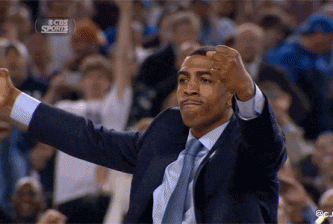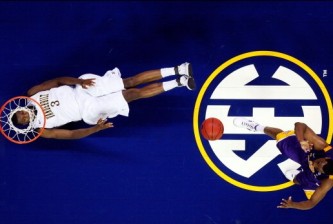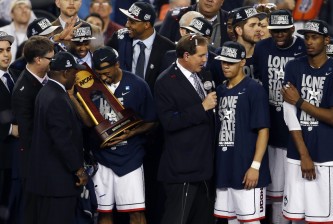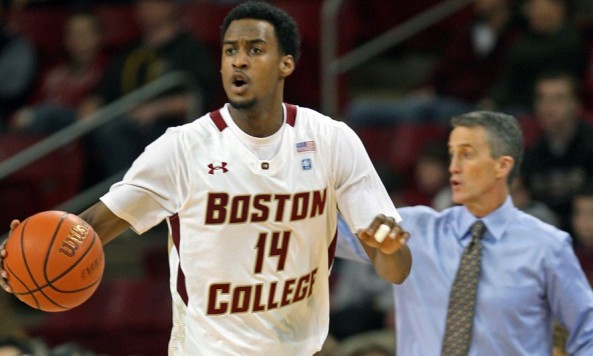Thanks to the grad transfer rules (which likely have a short shelf life) it’s now commonplace to see players transfer and become eligible immediately. What this has also opened up is players transferring multiple time and playing in several different conferences. Last year was Jeff Peterson (Iowa – Big Ten, Arkansas – SEC, Florida State – ACC) and this year it’s Matt Humphrey (Oregon – Pac 10, Boston College – ACC, West Virginia – Big East 12). Humphrey will be eligible immediately, and has one year to play.
This year’s transfers have been largely defined by two things: high volume and low efficiency. There was Trey Zeigler to Pitt, Adam Smith to Virgnia Tech, Ralston Turner to NC State, etc, etc… So is Humphrey another similar transfer, or is he more in the mold of Damontre Harris or Rodney Hood – in other words, someone the fans should be excited about. After all, Coach Huggins had high praise for Humphrey:
“His size and length will definitely make us a better defensive team on the perimeter and should help us create matchup problems for opposing defenses,” says Huggins. “He will give us another 3-point threat, which will enable us to stretch defenses and open up the posts for our inside guys.”
Volume: Boston College was a bad team, so they needed someone to take the shots. That someone was Humphrey, who attempted 26.8% of the shots when he was on the floor. But high volume isn’t a rarity for Huggins. In fact, it’s the opposite. Every team he coaches has a player who dominates the shots. In the past four years Da’Sean Butler, Casey Mitchell and Kevin Jones have all attempted more than 28%.
Efficiency: And herein lies the rub. Butler, Mitchell and Jones were all efficient players. Kevin Jones had the highest offensive rating in the entire conference. What about Humphrey?
Uh, no. There wasn’t a single thing involving scoring which Humphrey did well. He couldn’t make 2s (39.8%), couldn’t make 3s (31.3%) and was a poor free throw shooter (61.3%). But that was for a bad team where he was forced to take over. Now, playing for a much better team, the success level will be determined by how well he buys into his role. It certainly won’t be to come in and repeat was he was doing at Boston College. He’ll get limited minutes, will need to play defense, and will need to work within the offense to get other players shots.
This is a case of West Virginia having a scholarship to offer, and using it on the best one-year player they could find. If he does what is listed above, he’ll be a valuable role player.























